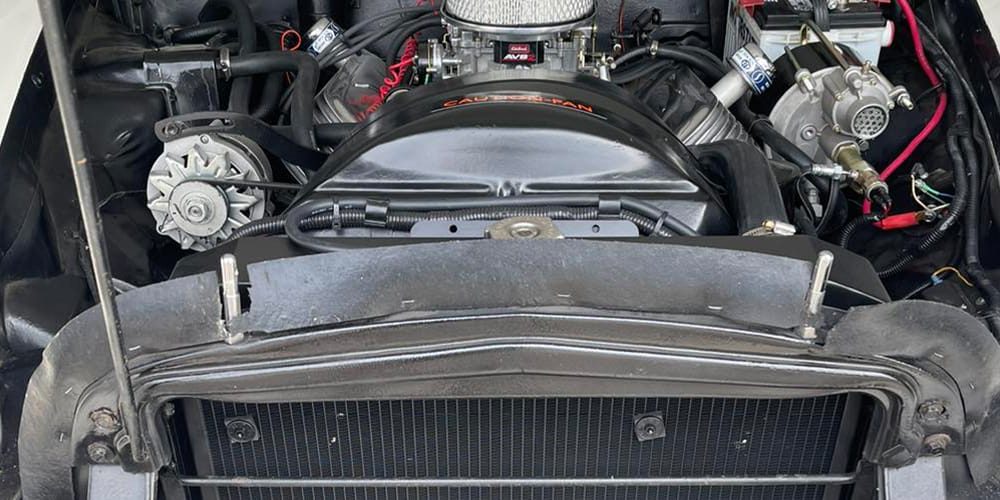
By Jefferson Bryant
Your vehicle’s cooling system is vital to the performance and longevity of your vehicle. While the main focus is typically on the radiator and fan components, there is an often-forgotten component that nobody thinks about until there is a problem- the heater core. A properly functioning heater core is just as important as any other component in the cooling system, and left unchecked, can create major problems for the rest of the system.
Nearly all modern vehicles have a heater core inside the cabin, save for EVs, which use electric heat. The heater core is located under the dash on the passenger side in most vehicles. The heater core is not any different from the radiator behind the grille, it is a liquid to air heat exchanger. The main difference, other than size, is the intended use. While the large radiator’s purpose is to cool the engine, the heater core is used to heat the air inside the vehicle to keep you warm and toasty. When the cold weather comes, any issues inside the heater core can wreak havoc on the rest of the cooling system, and leave you shivering to boot.
Heater core function
Hot coolant is pushed through the heater core through a bypass on the water pump. While most modern vehicles have valves on the heater hoses, most older vehicles do not. When coolant is actively flowing through the core, the air in the heater box is heated up. This is the only way most cars have to heat the air inside the vehicle, making the heater core vital in when the weather gets cold.
Modern vehicles typically have an electric valve that controls the flow of hot coolant going to the heater core. This can be on the input hose or both. These can be very complicated control systems with dual-zone and sometimes multiple zone heating and cooling, but the basics are the same- when the system calls for warmer air, the heater core valve opens, allowing hot coolant to flow through the core, and the blend doors inside the HVAC box inside the car blends hot air with cooled air from the AC evaporator coil, providing precise temperature-controlled air out of the vehicle’s vents.
Older vehicles operate in a similar manner, but the methods are less complex. Some older vehicles have heater core valves, which may be vacuum, mechanical (cable), or electrically operated, while others don’t have any valve at all. Without a valve, coolant always flows through the heater core. The interior doors of the HVAC box in the vehicle open and close to blend the heated air with cooled air.
Heater core maintenance
When problems arise, the tell-tale signs are not always readily apparent until the issue is significant. Proper maintenance can keep these issues from happening in the first place, which considering the level of difficulty for heater core replacement, is a big deal. Some vehicles, such as GM trucks from the late 90s to late 2000s, require complete removal of the dash, which can cost thousands of dollars in labor.
Just like your main radiator, the heater core requires flushing every 3-5 years if you use a modern OAT coolant. If your vehicle uses older “Classic Green” IAT coolant, this should be done every 2 years. The heater core is much smaller than your main radiator, so they can clog up much faster from scale, debris, and corrosion. A blocked heater core is useless. When flushing your vehicle’s cooling system, you must ensure that the heater is cranked to full hot so that the coolant flows through the heater core. If you do not flush the heater core, all that nasty scale that tends to build up in the core when it is not in use can go through the rest of the system, clogging and damaging the other components.
Eventually, your vehicle’s heater core may need repaired. U.S. Radiator offers heater core repair through their custom build services for your original heater core. Many older vehicles have unique core designs and may not be available in the aftermarket at all. U.S. Radiator can repair and re-core your existing heater core should it need repair. Call them at 800-421-5975 to discuss your heater core or radiator needs.
